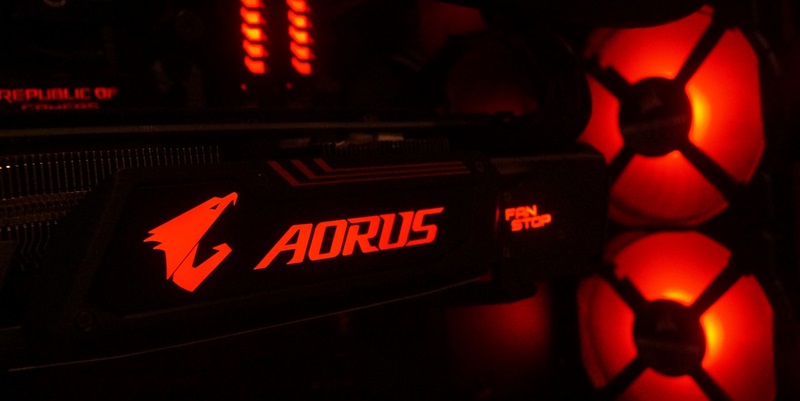High-Bandwidth Memory (HBM) is a pivotal component for the latest AI GPUs developed by industry giants such as NVIDIA. The efficiency and performance of these advanced GPUs are heavily dependent on the high-grade HBM supplied by companies like Micron and SK Hynix. Presently, these manufacturers are facing difficulties in meeting NVIDIA’s stringent qualification criteria, largely due to the low yield rates of HBM production, estimated to be around 65%. The complexity of HBM, with its many memory layers interconnected by through-silicon vias (TSVs), means that even small imperfections could result in the rejection of the entire stack. This poses significant production challenges, particularly because HBM’s sophisticated design offers little margin for error, unlike more traditional memory manufacturing processes that may allow for some level of defect recuperation.
Yield Rates and Production Pressures
In the face of growing demand for high-performance HBM necessary for advanced AI computations, manufacturers are under increasing pressure to enhance yield rates while maintaining high production volumes. Any flaws in HBM production can lead to discarding full stacks, representing a high cost due to the technology’s complexity. This tremendous pressure is highlighted by these companies’ efforts to adhere to the stringent standards set by NVIDIA, crucial for ensuring the stability and performance of their next-generation AI GPUs.
Micron has made notable strides in this area, reportedly initiating production of HBM3E specifically tailored for NVIDIA’s family of ##00 AI GPUs. This move indicates advancements in tackling yield-related challenges. However, as the demand for HBM continues to grow, simply maintaining current yield rates will not be sufficient. Manufacturers must focus on significant yield rate improvements to keep up with industry demand.
Innovation and Industry Demands
The battle with yield rates that HBM manufacturers face is reflective of a larger industry-wide issue of maintaining pace with the swift progress in AI technology. Given the crucial role of HBM in AI computing, any deficiencies on the part of manufacturers to produce high-quality, flawless memory stacks could slow down the evolution of AI GPU technologies.
Consequently, the semiconductor industry is tasked with a vital undertaking: to innovate and refine HBM manufacturing methods to achieve better yield rates. Such advancements are imperative in order to guarantee a consistent and uninterrupted supply of HBM that satisfies the stringent demands of NVIDIA and the ever-growing market. The future progression of artificial intelligence technology depends on the capability of HBM producers to keep step with this rapid innovation cycle, allowing companies like NVIDIA to continue expanding the frontiers of what’s possible in AI.

